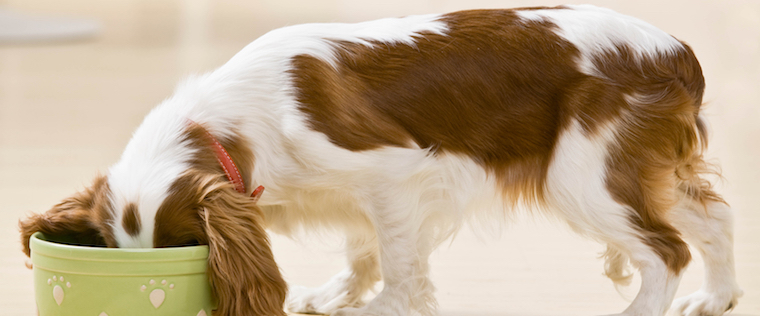As we improve our understanding of nutrition and the links between what we put into our bodies and that connection to overall health, it’s only natural that pet owners have increasingly turned their attention to what they feed their dogs and cats. And just as the studies and information about the human diet can be not only confusing but seemingly contradictory at times, it can be difficult to discern what is the truth about pet food trends.
Indeed, pet food manufacturers have launched a dizzying array of new products in the past several years. The pet food aisle at your favorite grocery store or food section at your go-to pet store likely has expanded in recent years, and now offers a wide range of products with the kind of labeling — such as “all-natural,” “organic,” or “non-GMO” — that you have perhaps preferred for your own food for years.
CONTACT US FOR MORE INFORMATION
You may be familiar with the ongoing debate about GMOs, or genetically modified organisms, and their addition to corn, soy, tomatoes, and other foods. We’ll get to that controversy and what it’s all about, but first: should you move your dog or cat to organic or non-GMO food? Is organic/non-GMO food really healthier and better?
There is no consensus in the veterinary world about those questions. Our understanding is still developing in this area. And that process, in my opinion, has been complicated by a politicization of the science about how GMOs alter the plants they are added to.
This gets very complicated, but the basic idea behind GMOs is to alter the DNA of a plant to improve it in some way. For example, some GMOs make plants more insect-resistant. Even so, while the United States and Canada allow GMOs, 38 countries have banned them based on some studies that have shown GMOs linked to liver, kidney, pancreatic, renal, reproductive and digestive problems. Meanwhile, other studies — some of which, admittedly, have been funded by the food industry — have concluded foods with GMOs are perfectly safe. In short, the science is still evolving.
Nevertheless, many people have made the choice to eat organic and non-GMO food as much as possible, believing that they are ensuring that what is going into their body is the safest and healthiest food possible. It follows, then, that given the option, they would make the same choice for their pets. And that is a perfectly reasonable and justifiable decision to make.
When it comes to pet food, to earn the certified organic label, the product “must be free of synthetic additives such as pesticides, chemical fertilizers, and dyes, and cannot be processed using industrial solvents, irradiation, or genetic engineering,” according to the website honestpaws.com. Organic pet foods also do not contain fillers, meaning your pet will not overeat, because they will be properly nourished.
In addition to helping maintain a healthy weight, positive changes after switching dogs or cats to high-quality, organic food, may include help with allergies and skin problems or improved digestive health (results vary greatly). The absence of chemicals and other artificial substances may make organic food easier for your pet to digest. More importantly, just as with humans, proper pet nutrition can improve health.
This is a complex subject, and one that is so important to research. What we know about nutrition — for both humans and animals — is constantly evolving, and separating the scientific-based truth from agenda-driven hype can be very difficult. If you have questions about the food you are feeding your pet or would like a recommendation, please give us a call. We would be happy to answer your questions, direct you to additional information so you can do your own research, or help you select the healthiest food for your pet’s needs.



